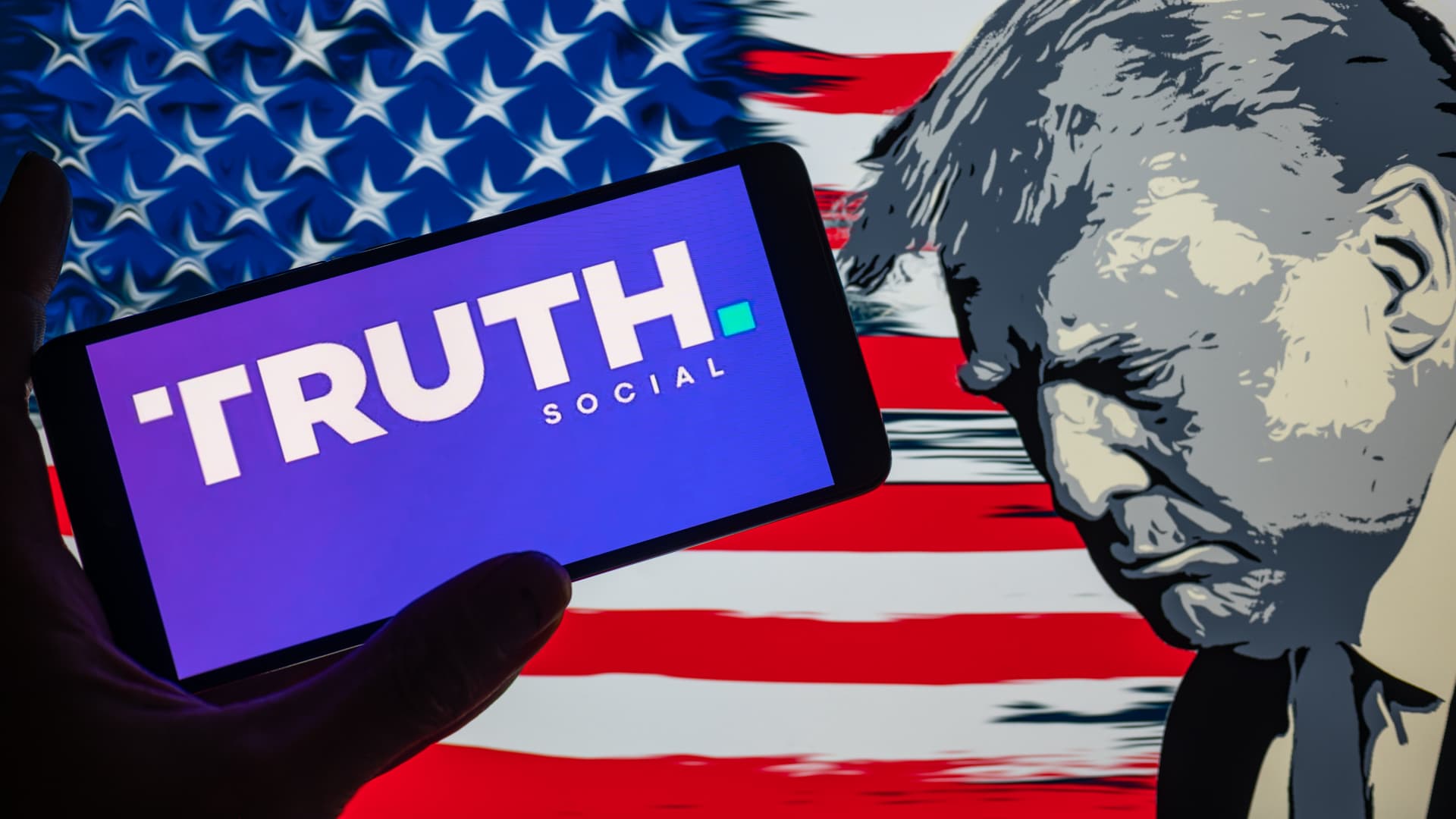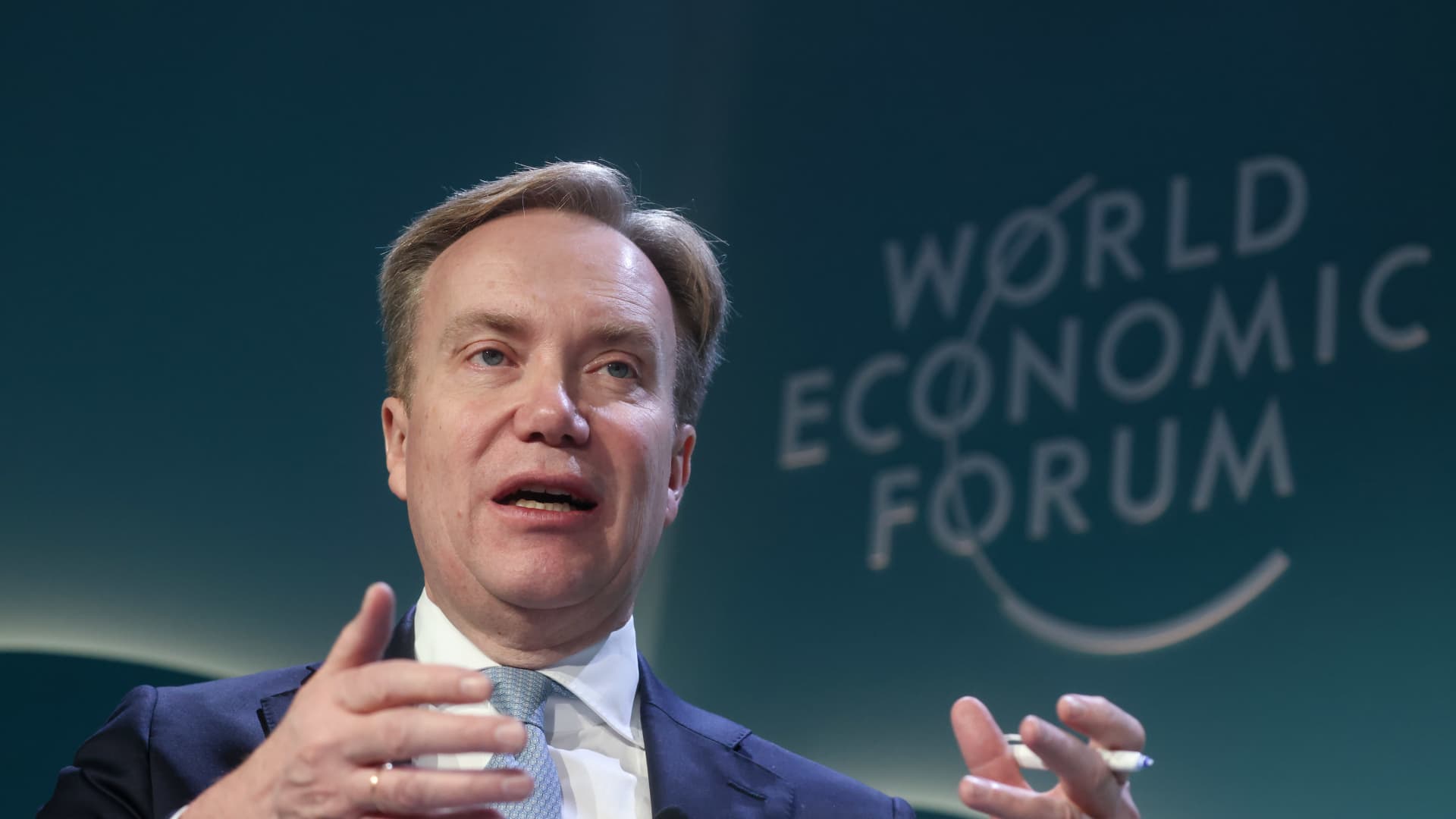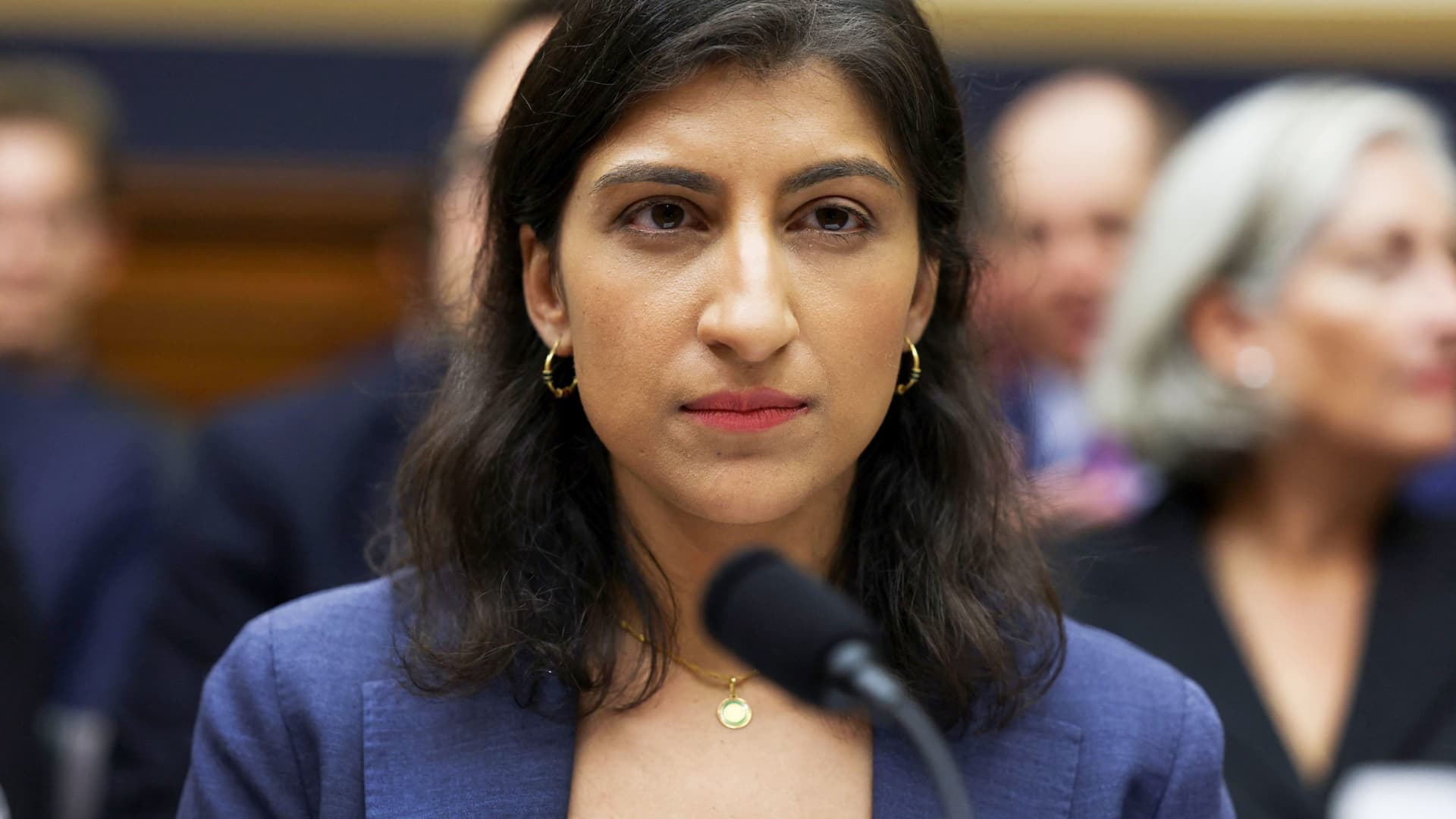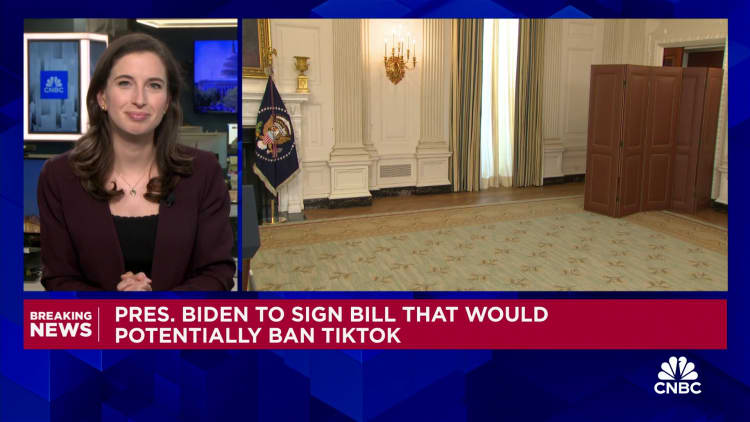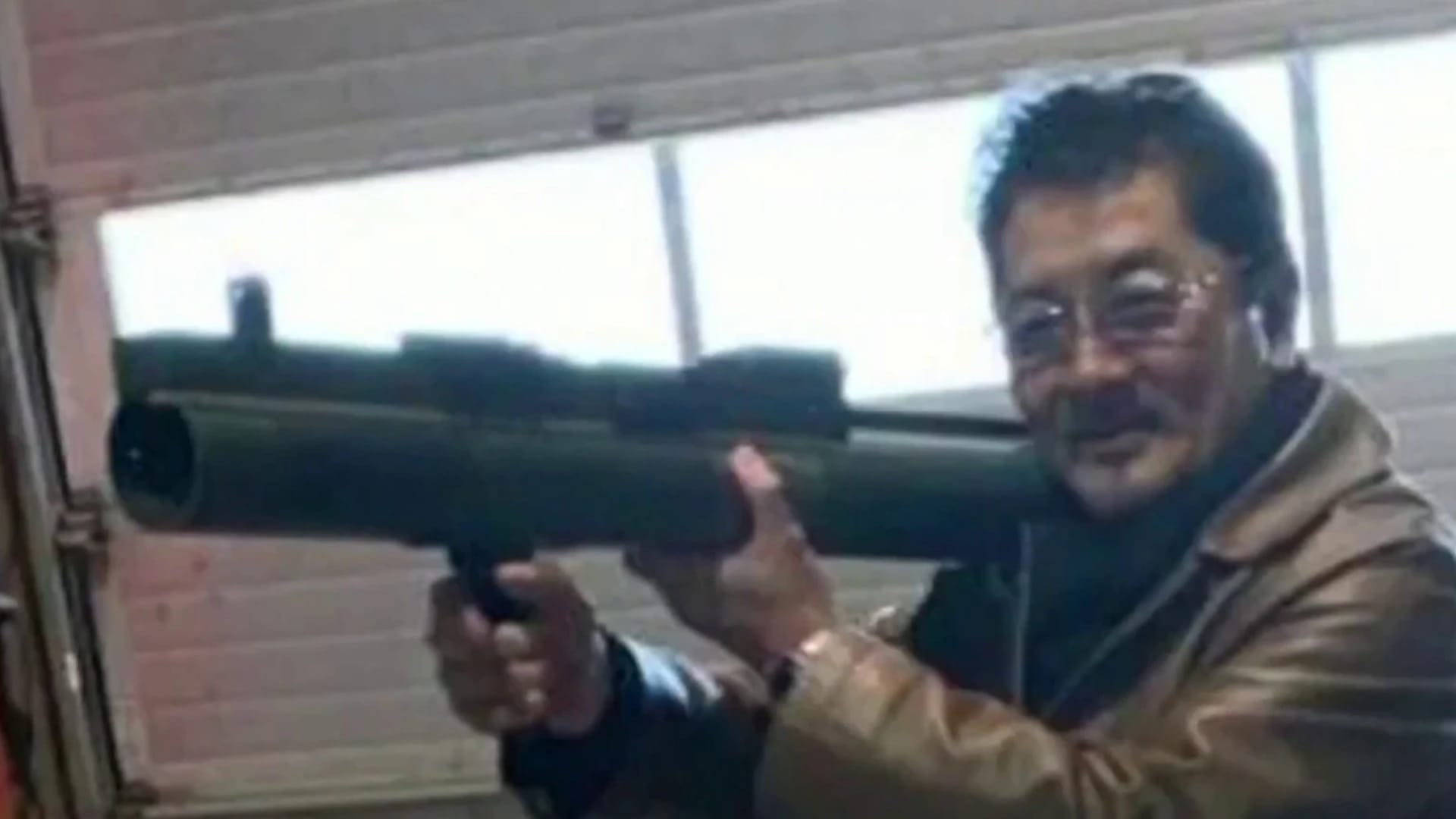The DOJ alleges that a high-ranking Yakuza member, Takeshi Ebisawa, was the central figure in a plot to funnel American weapons to ethnic militias in Myanmar in exchange for heroin and meth. Ebisawa is accused of drug importation, money laundering and conspiracy to purchase surface-to-air missiles.
NBC News
Federal prosecutors in New York said on Wednesday they had charged a Japanese Yakuza leader with conspiring to transport nuclear materials from Burma to other countries in the belief that it would be used by Iran to make a nuclear weapon.
Accused gangster Takeshi Ebisawa “and his associates showed samples of nuclear materials in Thailand” to an undercover U.S. Drug Enforcement Agency agent posing as a drug and arms trafficker with access to an Iranian general, prosecutors said.
“With the assistance of Thai authorities, the nuclear samples were seized and subsequently transferred to the custody of U.S. law enforcement,” the U.S. Attorney’s Office in Manhattan said in a statement announcing supplemental charges against Ebisawa and another man.
“A U.S. nuclear forensics laboratory later analyzed the samples and confirmed that the samples contained uranium and weapons-grade plutonium,” the statement said.
The indictment states that in September 2020, Ebisawa emailed the undercover DEA agent a letter on behalf of a mining company offering to sell 50 tons of uranium and thorium for $6.85 million.
U.S. Attorney Damian Williams said, “The seriousness of the conduct alleged in today’s indictment cannot be overstated.”
Williams said Ebisawa “brazenly traded” the nuclear material even though he believed it would be used to develop a nuclear weapons program.
The top prosecutor also said that while the Yakuza leader was trying to sell the nuclear material, he “also negotiated the purchase of deadly weapons, including surface-to-air missiles,” M60 machine guns, AK-47s and armor-piercing ammunition.
Enlarge symbolArrows point outwards
Takeshi Ebisawa of Japan, leader of the Yakuza Transnational Organized Crime Syndicate, is said to have trafficked nuclear materials, including uranium and weapons-grade plutonium.
Source: SDNY
Ebisawa, 60, and his 61-year-old co-defendant in the case, Somphop Singhasiri, a Thai citizen, were previously charged with international drug trafficking and firearms offenses in April 2022, Williams’ office noted.
Both defendants are scheduled to be arraigned on the new charges in federal court in Manhattan on Thursday.
The Yakuza are a Japanese organized crime syndicate.
The supplementary indictment against Ebisawa and Singhasiri states that Ebisawa’s “criminal activities included large-scale drug and arms trafficking, and his international criminal network spanned, among other places, Asia, Europe and the United States.”
It also said that in early 2020, Ebisawa told another person and a confidential DEA source that he had access “to a large amount of nuclear material that he wanted to sell,” including uranium.
Ebisawa soon sent a photo of those people “showing a dark rock material with a Geiger counter used to measure radiation,” the indictment says.
Ebisawa is charged with conspiracy to traffic in international nuclear materials; trade in nuclear materials; conspiracy to import narcotics; conspiracy to acquire, transfer, and possess surface-to-air missiles; conspiracy to possess firearms, including machine guns and destructive devices; and money laundering.
He faces the maximum possible life sentence.
Singhasiri is charged with conspiracy to import narcotics and conspiracy to possess firearms, including machine guns and destructive devices. He also faces a maximum sentence of life in prison.
This is breaking news. Please check back for updates.
Don’t miss these stories from CNBC PRO:
Source link
2024-02-21 19:30:43
www.cnbc.com

